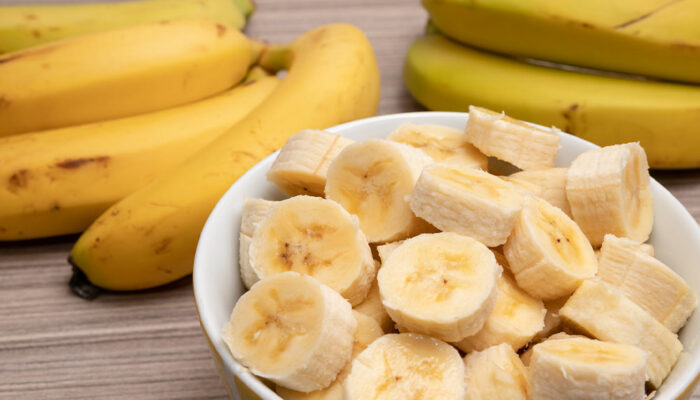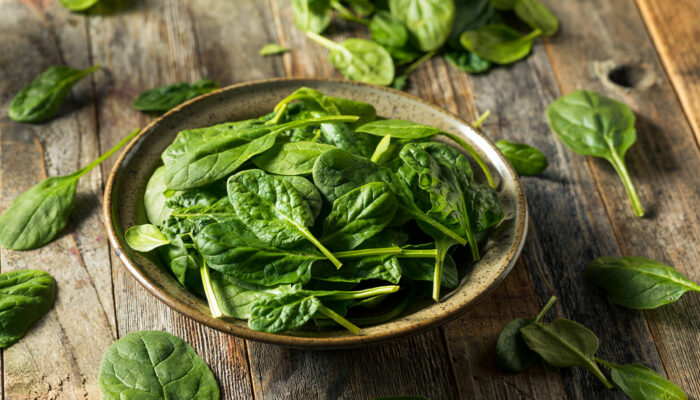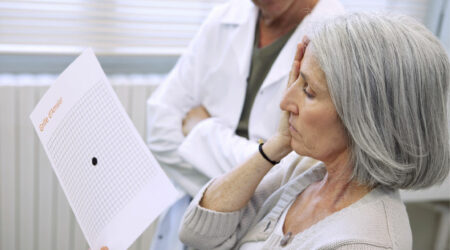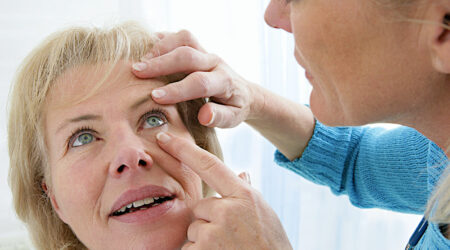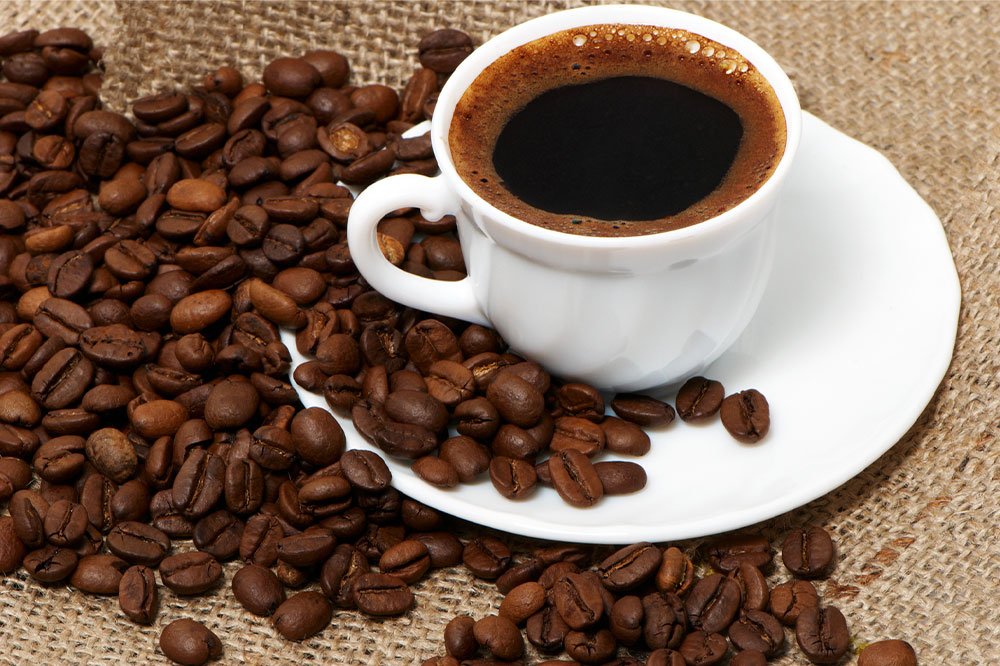
8 foods to avoid when managing atrial fibrillation
Atrial fibrillation (AFib) is a condition characterized by irregular heart rhythm. It can lead to blood clotting if left untreated. Several factors contribute to the development of the condition, including what one eats. Certain foods worsen the symptoms and frequency of AFib episodes, while others can support heart health and help alleviate the condition. So, here is a look at a few foods that can worsen AFIb and should be avoided:
What is atrial fibrillation?
Atria refers to the upper chambers of the heart. Atrial fibrillation is a heart rhythm disorder characterized by irregular and rapid electrical signals in the organ. When the signals become irregular, it leads to poor circulation of blood and heart palpitations, with the atria quivering instead of contracting as they normally would. Common symptoms one may experience with AFib are chest pain, trouble breathing, lightheadedness, fatigue, and dizziness. In the worst cases, it may lead to heart stroke and heart failure.
Foods to avoid
Coffee and energy drinks
Coffee contains high levels of caffeine—a stimulant that is known to increase heart rate and worsen AFib episodes. Other beverages like energy drinks, black tea, and some soft drinks also are rich in caffeine and are best avoided or limited to avoid worsening the symptoms.
Bread and pasta
Gluten is a common protein found in wheat and grains like barley and rye. While gluten sensitivity or intolerance is more commonly associated with digestive issues, studies suggest it may also affect cardiovascular health, including worsening AFib and its symptoms. One should note that gluten-rich foods may not affect everyone the same way, so their effect on Afib can vary from person to person. But individuals with gluten-related conditions should avoid or limit foods such as bread and pasta.
Grapefruit
One should exercise caution when adding grapefruit or grapefruit juice to daily meals.
